Volunteers of America of Los Angeles - Outpatient Treatment

Overview
Volunteers of America of Los Angeles - Outpatient Treatment is an substance abuse treatment center that provides inpatient and outpatient detoxification, for men and women from 18+ years of age. As part of their special programs, Volunteers of America of Los Angeles - Outpatient Treatment treats clients who have experienced trauma. To help patients achieve sobriety, Volunteers of America of Los Angeles - Outpatient Treatment provides intake assessments. Afterward, patients receive 12-step facilitation, group counseling, and individual psychotherapy during treatment. Volunteers of America of Los Angeles - Outpatient Treatment is located in Los Angeles, California, providing treatment for people in Los Angeles County, accepting cash or self-payment.
Volunteers of America of Los Angeles - Outpatient Treatment at a Glance
Payment Options
- Cash or self-payment
Assessments
- Comprehensive mental health assessment
- Comprehensive substance use assessment
Age Groups
- Adults
Operation
- Private for-profit organization
Highlights About Volunteers of America of Los Angeles - Outpatient Treatment
6.62/10
With an overall rating of 6.62/10, this facility has following balanced range of services. Alcohol Rehabilitation: 8.00/10, Drug Rehab and Detox: 6.00/10, Insurance and Payments: 6.00/10, Treatment Options: 6.49/10.-
Alcohol Rehabilitation 8.00
-
Treatment Options 6.49
-
Drug Rehab and Detox 6.00
-
Insurance and Payments 6.00
Treatment At Volunteers of America of Los Angeles - Outpatient Treatment
Treatment Conditions
- Mental health treatment
- Alcoholism
- Opioid Addiction
- Substance use treatment
- Co-occurring Disorders
Care Levels
- Detoxification
- Outpatient
- Hospital inpatient treatment
Treatment Modalities
- 12-step facilitation
- Group counseling
- Individual psychotherapy
- Family counseling
- Trauma-related counseling
Ancillary Services
Languages
- Spanish
Special Programs
- Clients who have experienced trauma
Get Help Now
Common Questions About Volunteers of America of Los Angeles - Outpatient Treatment
Contact Information
Other Facilities in Los Angeles
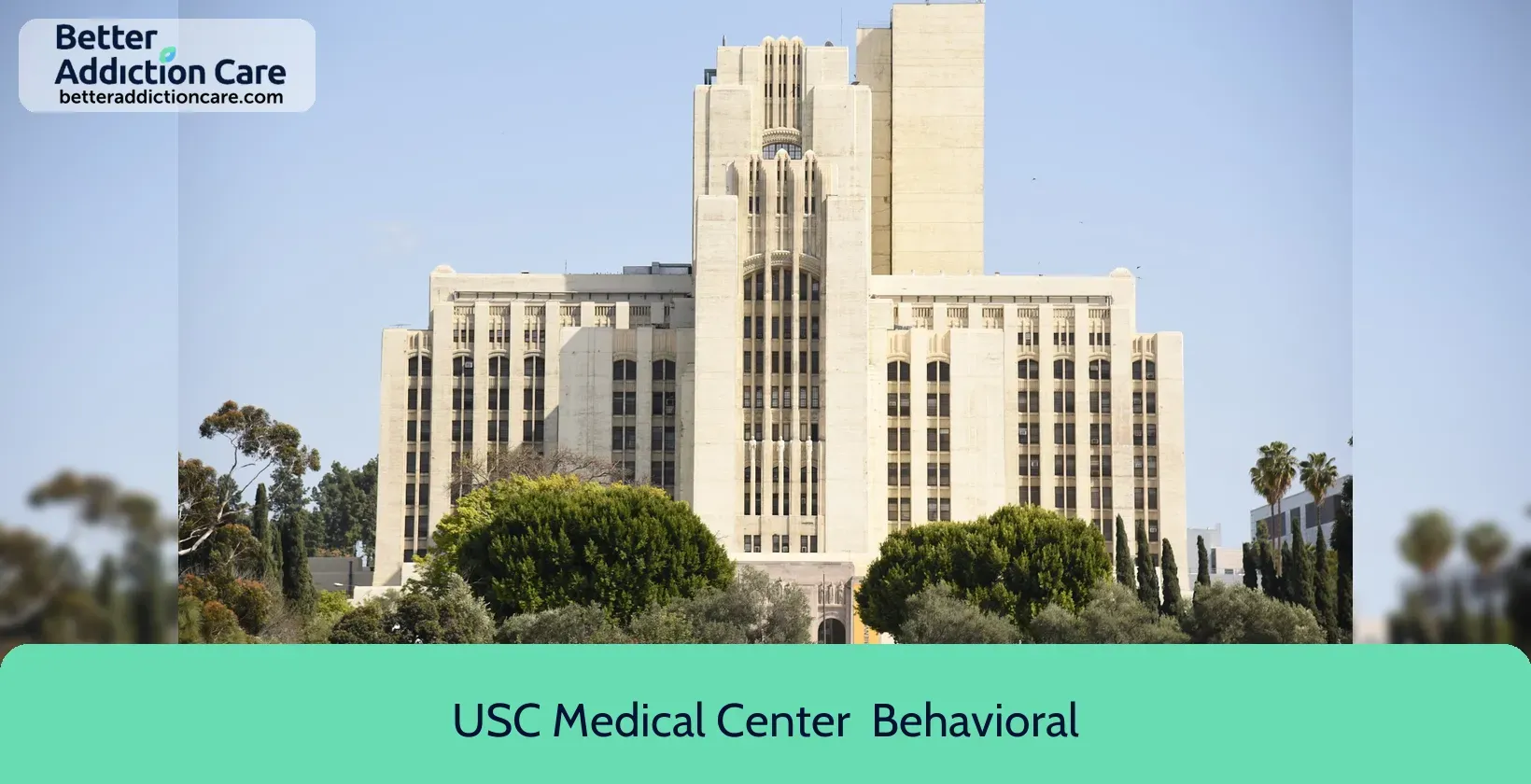
6.74
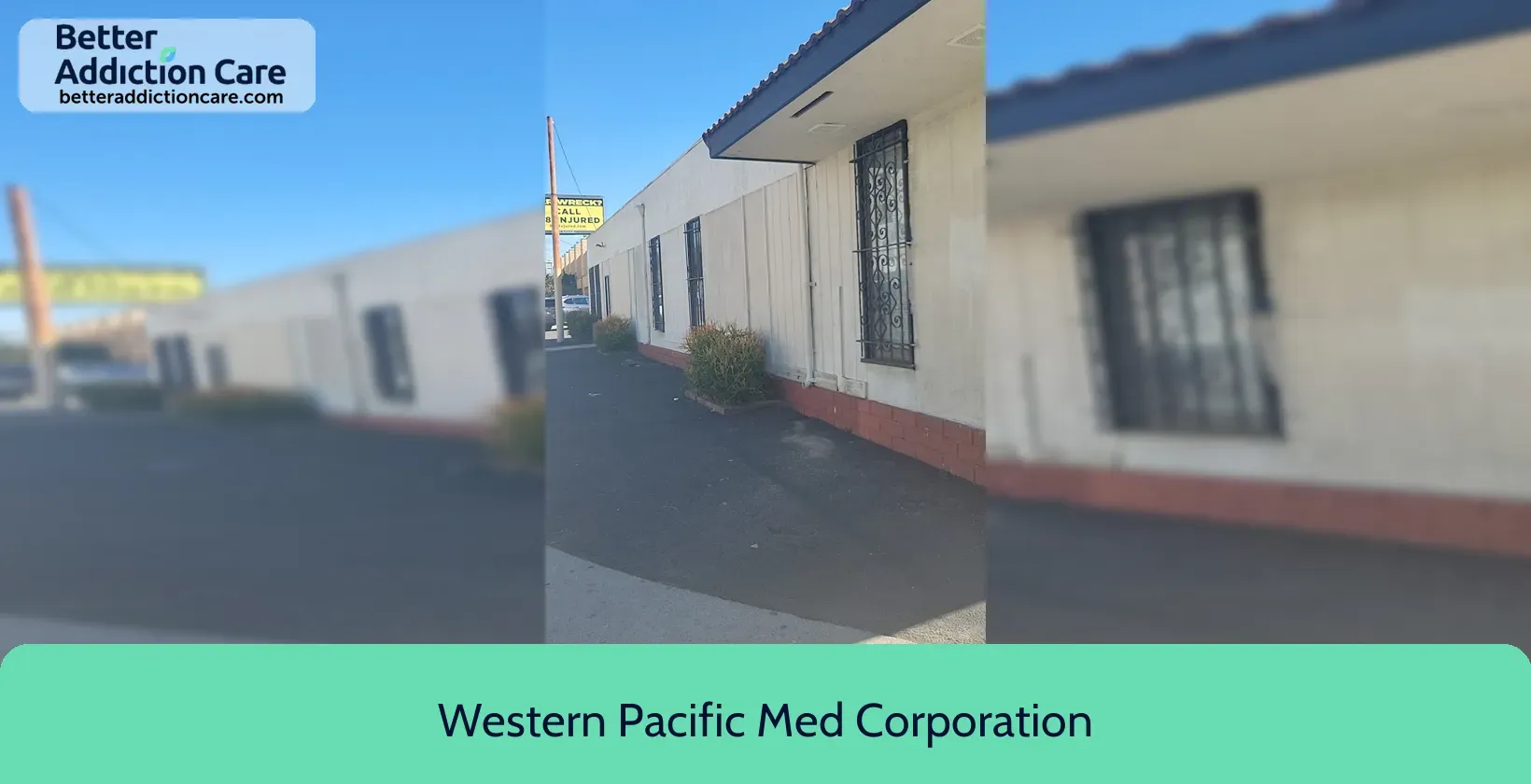
6.50
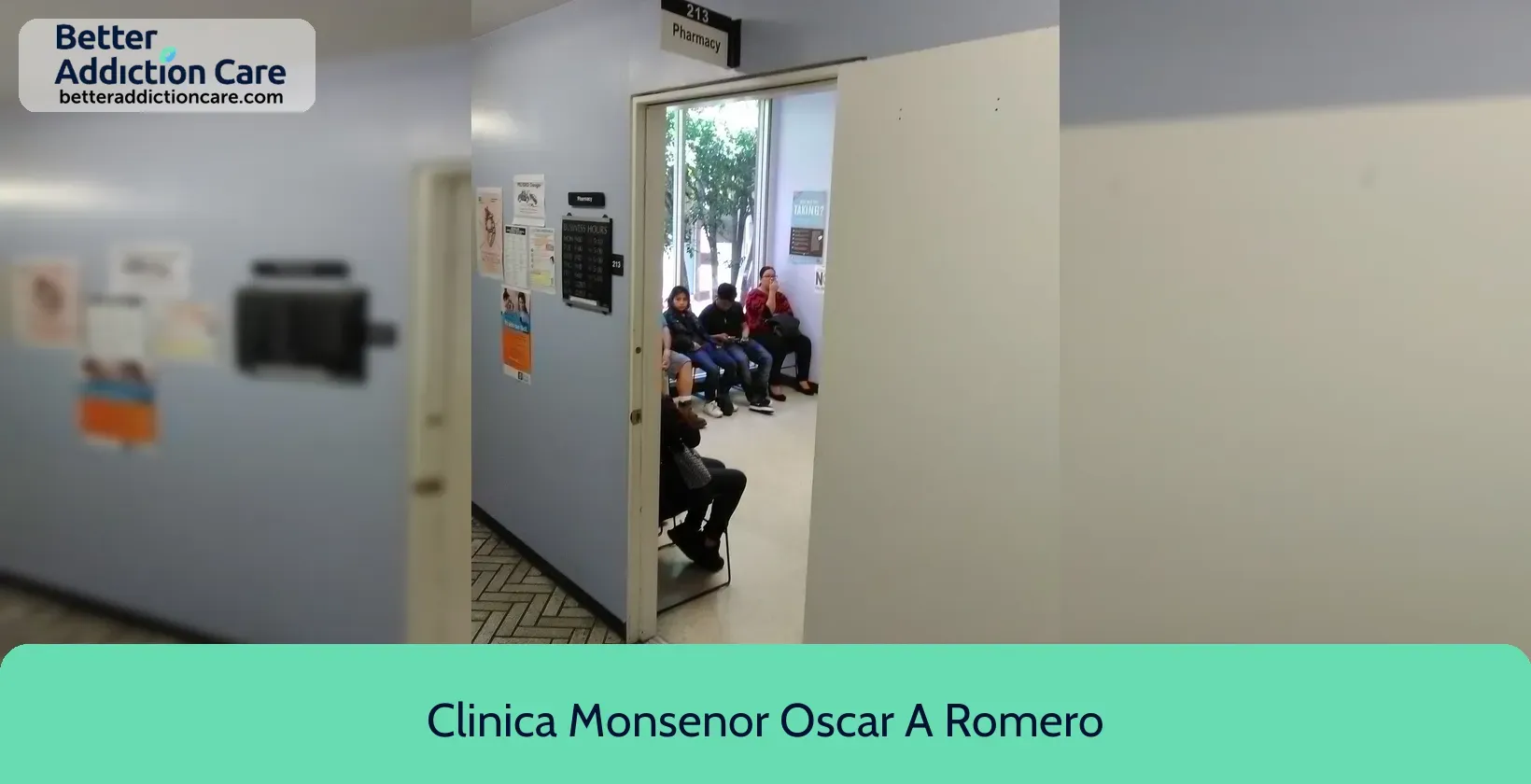
6.56
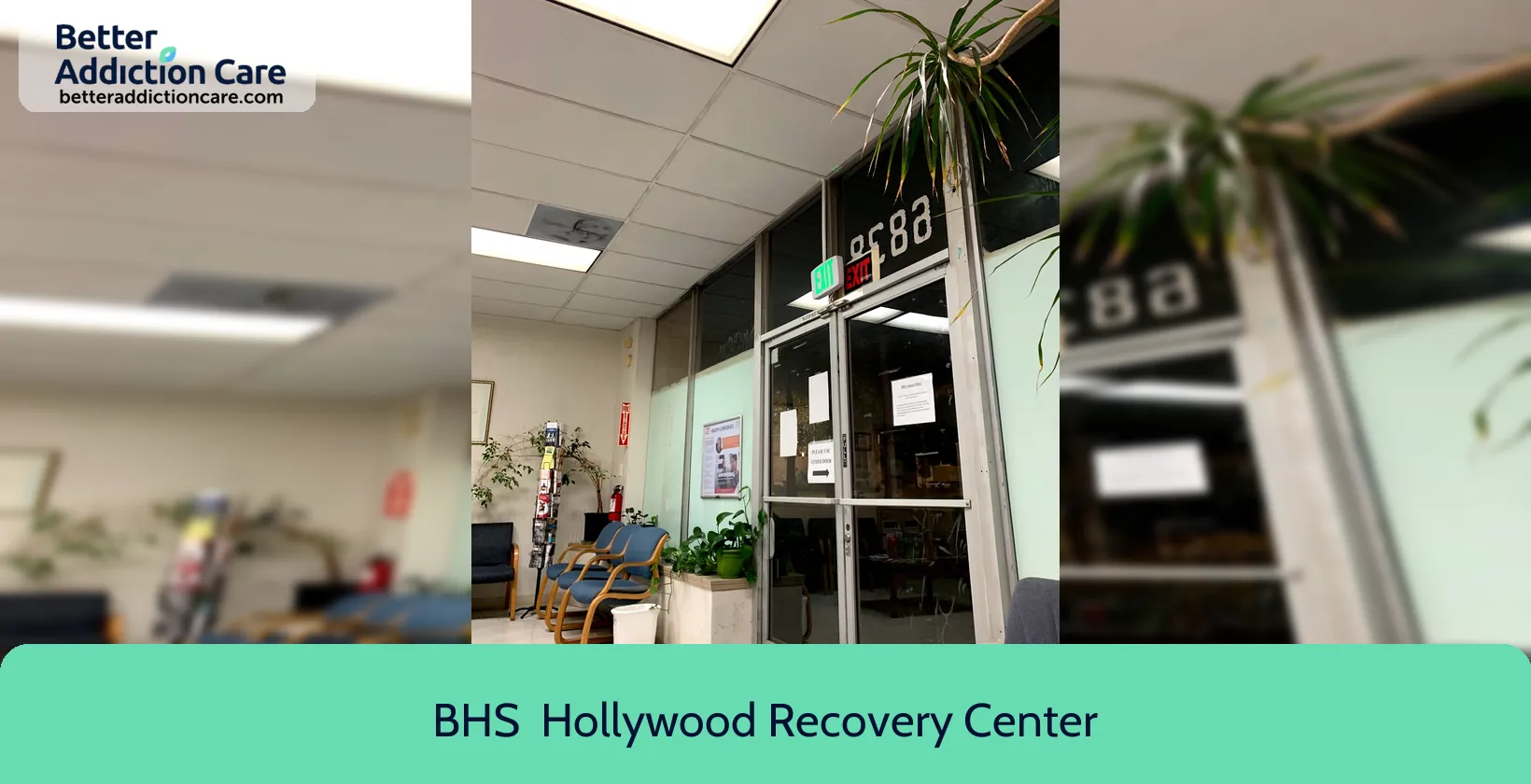
6.68
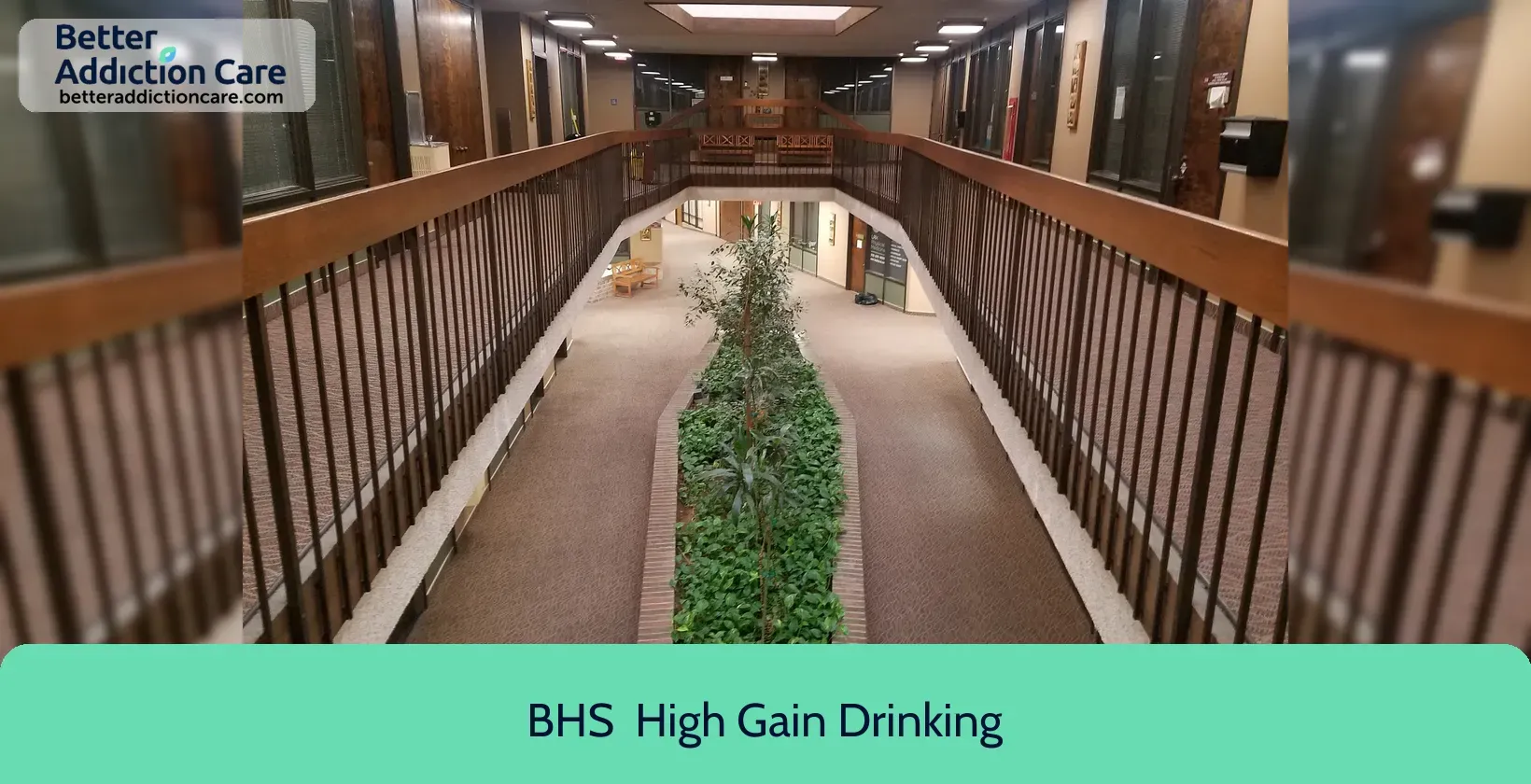
6.68
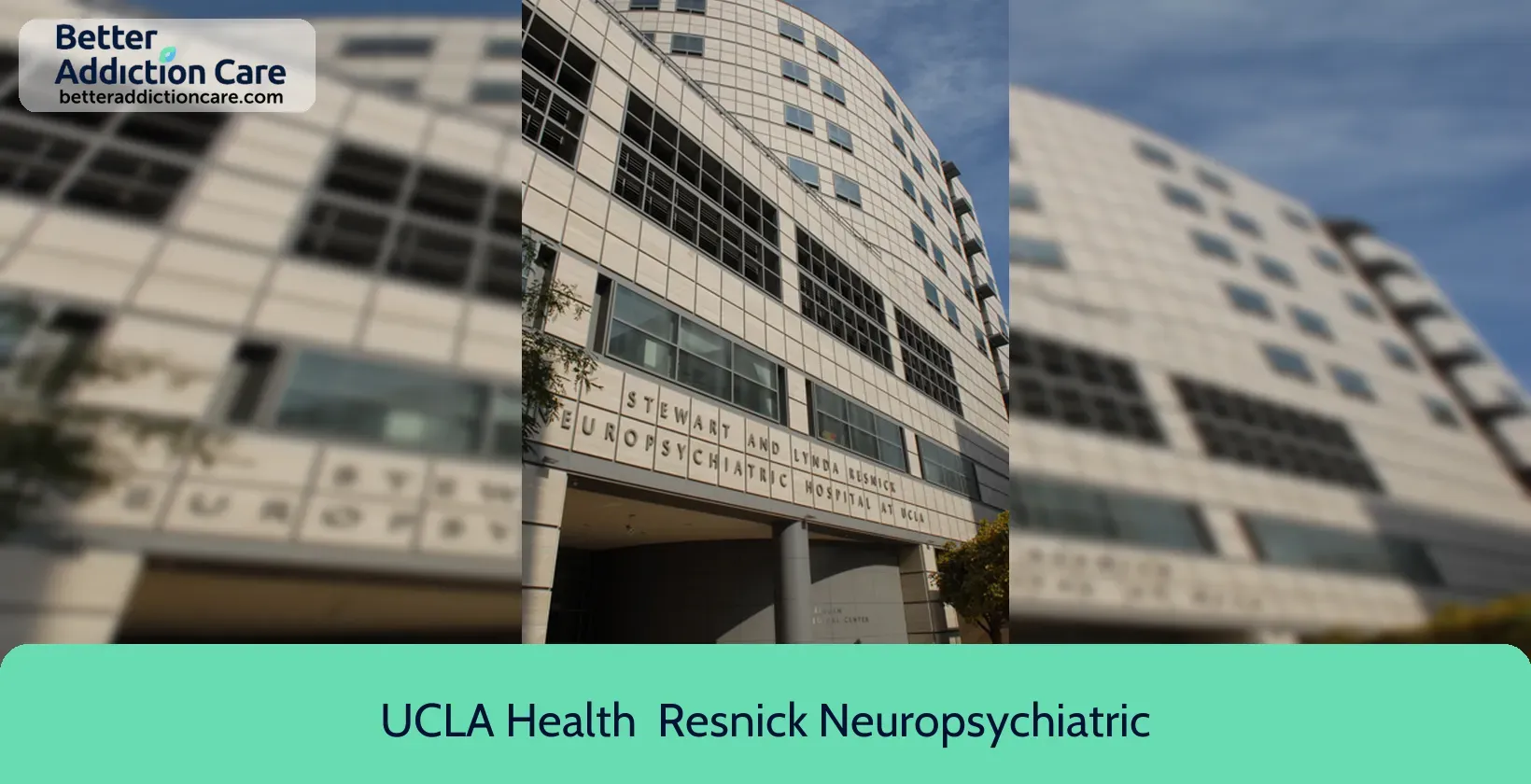
6.62
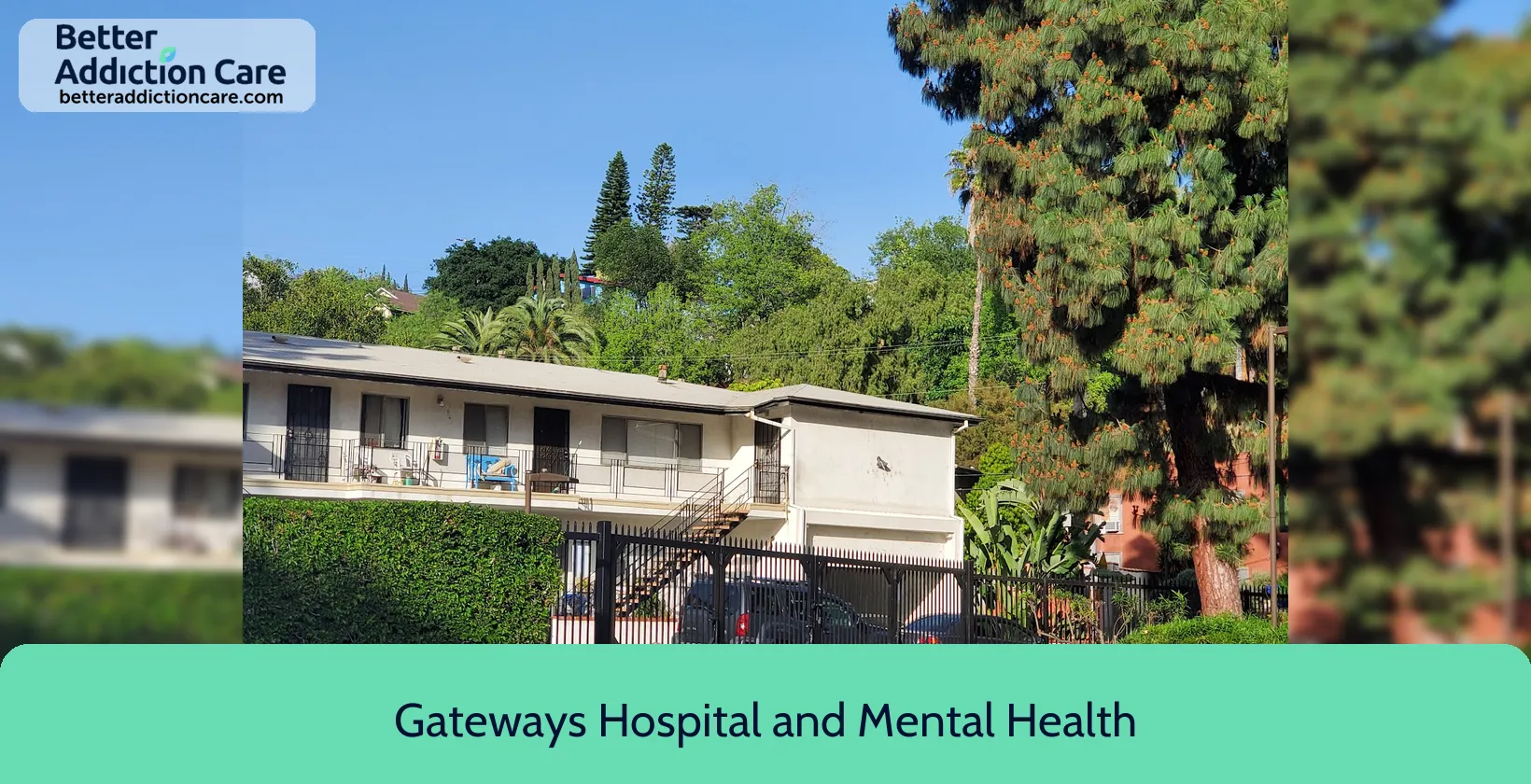
6.74
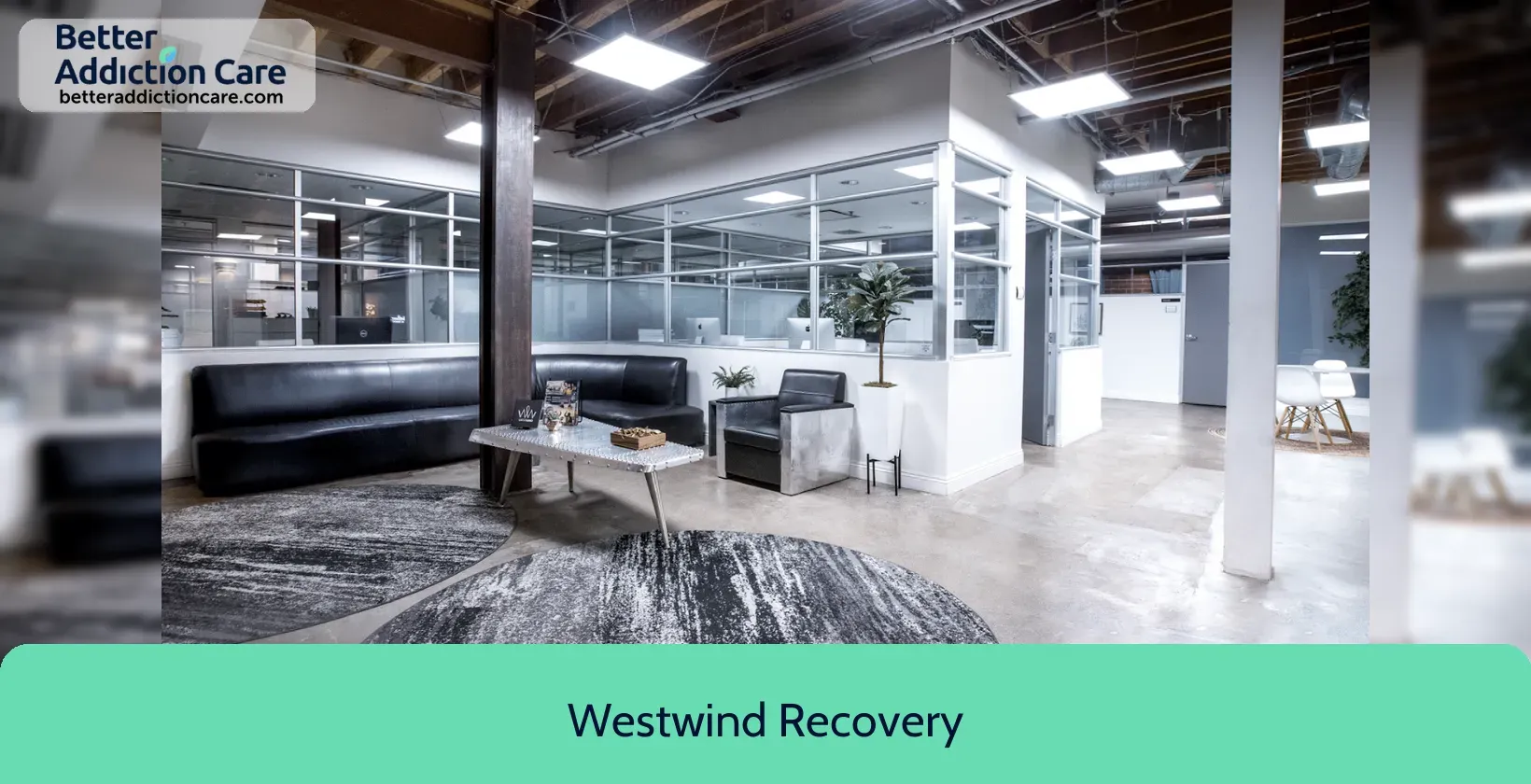
6.62
DISCLAIMER: The facility name, logo and brand are the property and registered trademarks of Westwind Recovery, and are being used for identification and informational purposes only. Use of these names, logos and brands shall not imply endorsement. BetterAddictionCare.com is not affiliated with or sponsored by Westwind Recovery.
